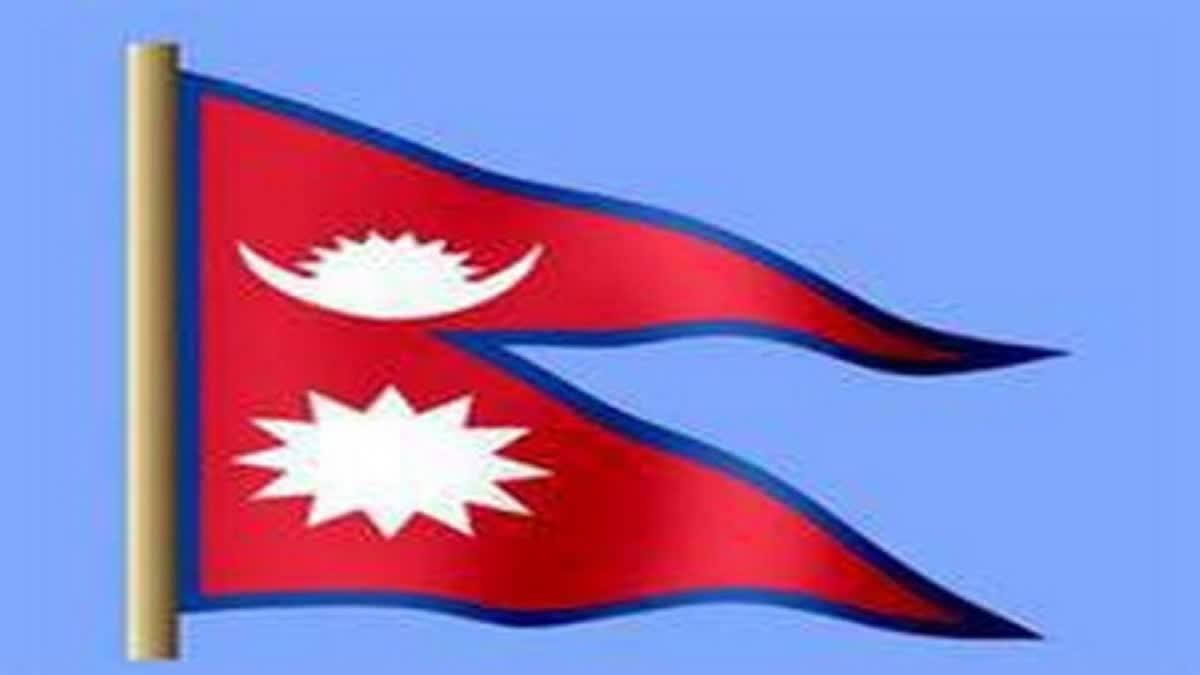New Delhi: The Leftist coalition government led by Prime Minister Pushpa Kamal Dahal ‘Prachanda’ of the Communist Party of Nepal-Maoist Centre (CPN-Maoist Centre) fell on Friday after failing a floor test in the House of Representatives of the Himalayan nation’s Parliament, a new coalition government comprising the Communist Party of Nepal-Unified Marxist Leninist (CPN-UML) and the Nepali Congress is set to assume power.
This will be the 14th government to take power since the end of the monarchy in Nepal in 2008. This is the culmination of a series of political developments since the end of June and the beginning of this month. Sher Bahadur Deuba, former Prime Minister and president of the Nepali Congress, and KP Sharma Oli, also a former Prime Minister and leader of the CPN-UML, signed an agreement on the intervening night of July 1 and 2 to form a new coalition government in Kathmandu. According to the deal, Oli, and then Deuba, will serve as Prime Ministers on a rotational basis during the three-and-a-half-year tenure left of the present government.
Following this, the CPN-UML asked Dahal to step down from office on July 3 as per Article 76 (2) of the country's constitution. According to Article 76 (2), the President shall appoint as the Prime Minister a member of the House, who can command a majority with the support of two or more parties.
However, a meeting of office-bearers of the CPN-Maoist Centre decided that Dahal would not step down and instead go for a vote of confidence in the House of Representatives. According to Article 100 (2) of the constitution, if the political party the Prime Minister represents is divided or a political party in the coalition withdraws its support, the Prime Minister shall table a motion in the House of Representatives for a vote of confidence within 30 days. This gave Dahal just a month more to continue in office. However, Dahal opted to go for a floor test as early as July 12, much ahead of the 30-day deadline he had in hand. This was the fifth-floor test that Dahal opted to go for since he became Prime Minister in December 2022.
It is worth mentioning that the Nepali Congress was earlier part of the Dahal-led coalition at the Centre. However, in March this year, the CPN-Maoist Centre severed all ties with the Nepali Congress and invited the CPN-UML to join the coalition. The other initial partners in this new coalition were the Rashtriya Swatantra Party (RSP) and the Janata Samajbadi Party (JSP). However, the Janata Samajbadi Party withdrew support to the coalition in May this year citing differences with the CPN-Maoist Centre.
Meanwhile, both Dahal and Oli were reportedly unhappy with the new arrangement. Dahal was cited as acknowledging that the current ad hoc politics in the country was unsustainable and stating that he could do precious little but keep shuffling ministers. That Oli, too, was not satisfied with the arrangement became evident when he described the annual budget presented by the government as a "Maoist budget".
All this led to mistrust between the CPN-UML and the CPN-Maoist Centre. According to Pradeep Gyawali, deputy general secretary of the CPN-UML, Dahal was in touch with the Nepali Congress for over the last month or so to form a national consensus government. This became a major cause of mistrust between the CPN-UML and the CPN-Maoist Centre. However, when the Nepali Congress rejected Dahal's proposal, the CPN-UML decided to take things into its own hands.
“The UML and the Congress started talking and decided to move ahead together for political stability and democratic exercise,” a Kathmandu Post report quoted Gyawali as saying. On June 29, Oli and Deuba held a closed-door meeting. On July 1, Oli held a separate meeting with Dahal. Following this, Oli and Deuba sealed the deal.
In Friday’s floor test, only 63 lawmakers voted in Dahal’s favour while 194 voted against with one abstaining in the 275-member Lower House of Parliament.
